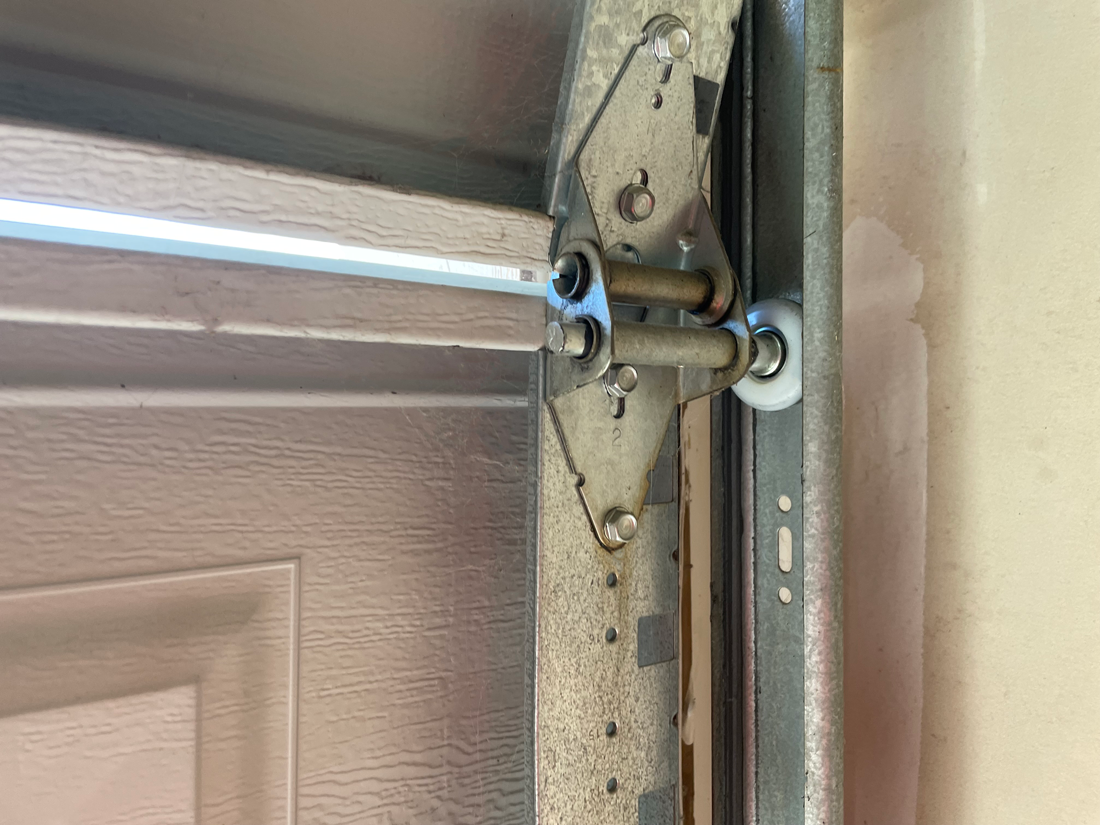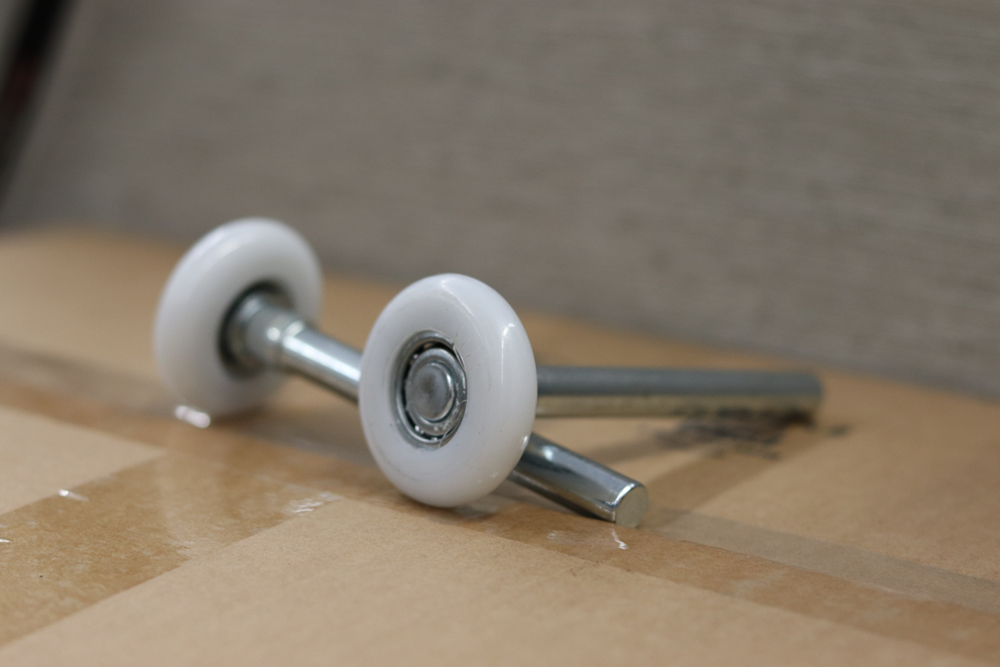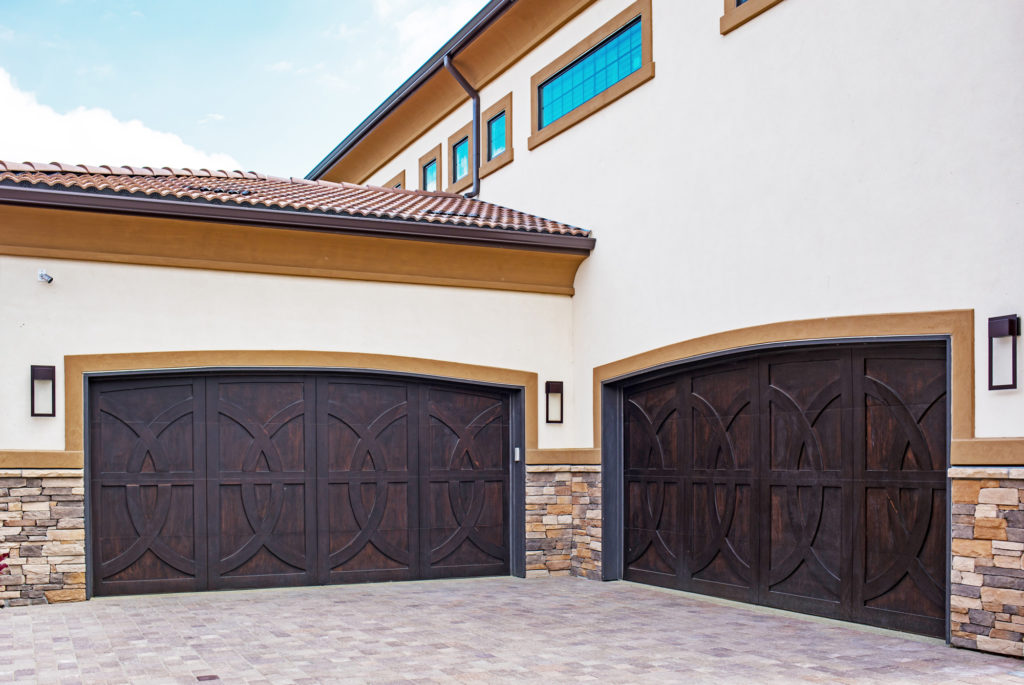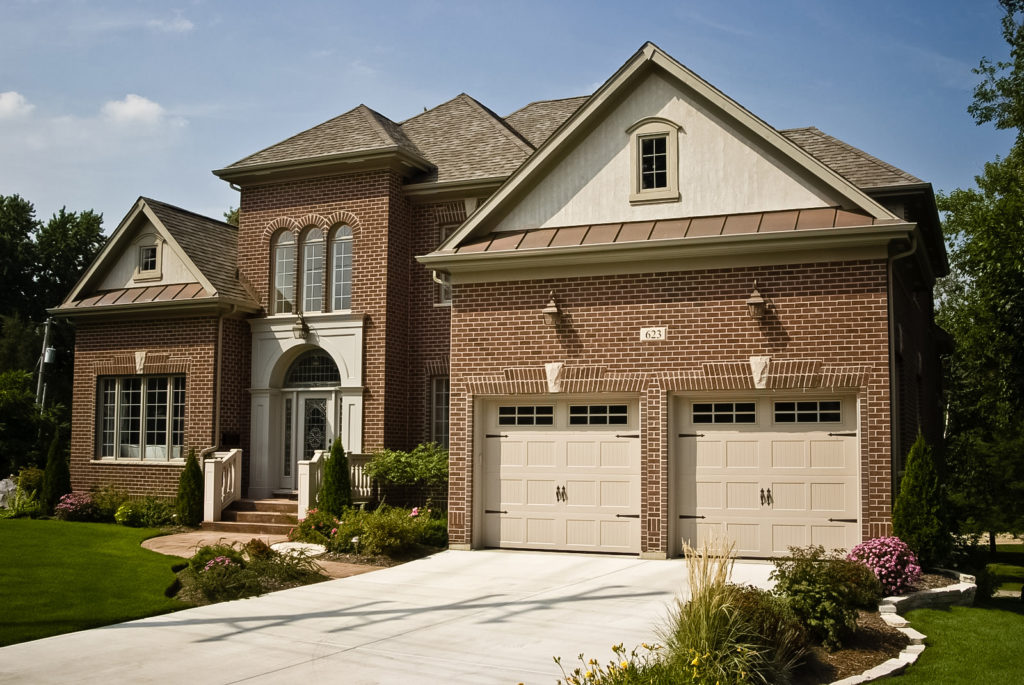02.20.2023
Things to Know About Your Garage Door Rollers

When rollers begin to wear, loosen, or bend, they can cause your garage door to open and close more slowly or in a jerky manner. This puts more strain on the garage door opener system, which ultimately decreases its lifespan.
Aging, damaged rollers can cause your garage door to become unbalanced and that can be dangerous. Additionally, rollers that don’t meet the correct installation standards may break or wear out quickly, so the door may become unbalanced, closing suddenly and potentially hurting someone.
Here are 3 ways to detect if you need new garage door rollers:
- Excessive vibration when operating. Your garage door should open and close smoothly.
- Door is frequently out of alignment. This is one of the easiest ways to tell that your garage door needs new rollers.
- Unusually noisy. No one likes a noisy garage door.
There are a few different types of garage door rollers that provide varying lifespans. They include the following:
- Plastic rollers, which are the most basic type. They usually last only a few years.
- Steel rollers with ball bearings. These last about 10 to 15 years, if well maintained. That said, they’re the noisiest option.
- Steel rollers without ball bearings. Like plastic rollers, these are builder-grade rollers that will only last a couple of years.
- Nylon rollers have a lifespan of 12 to 20 years, depending on their quality. They’re more expensive, but also the quietest and best performing.

Garage door rollers should be lubricated about twice a year, or sooner if they begin making squeaking or grinding noises while the door is in operation. Annual maintenance, a garage door tune-up, will assure proper lubrication of the rollers and entire system.


